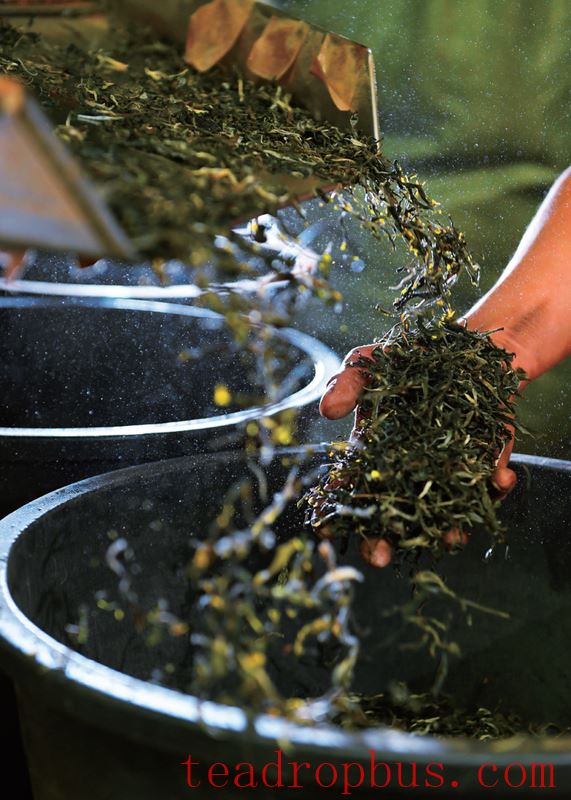
The term “daily Tea” is commonly heard among seasoned tea drinkers, carrying a lot of implications. Literally, it means a tea that is always on hand and can be enjoyed at any time.
For seasoned tea drinkers, “daily tea” must meet high standards: good quality, high cost-effectiveness, and suitable for daily consumption. For ordinary consumers living in one of the world's biggest tea-drinking nations, tea is an indispensable daily beverage. Milk tea is too sweet and unhealthy, ready-to-drink teas lack freshness, so more and more people prefer brewing loose leaf tea, which is tasty and healthy. Nowadays, with a growing emphasis on health and wellness, Pu'er tea is also becoming a top choice for our daily drinks.
Mentioning Pu'er tea, many consumers feel there are many ins and outs to consider. Indeed, the prices of Pu'er tea on the market range from several dollars to hundreds of thousands of dollars. While we believe in getting what we pay for, we often find ourselves in a dilemma. On one hand, we want to consider the price but worry about getting low-quality products; on the other hand, we want to ensure safety and taste but hesitate due to the price. However, by focusing on some basic elements, you can choose the most suitable Pu'er tea for you – not only reasonably priced and delicious, but also safe and healthy to drink.
Below, let's explore together the essential qualities and characteristics of a “tasty and affordable” daily tea.
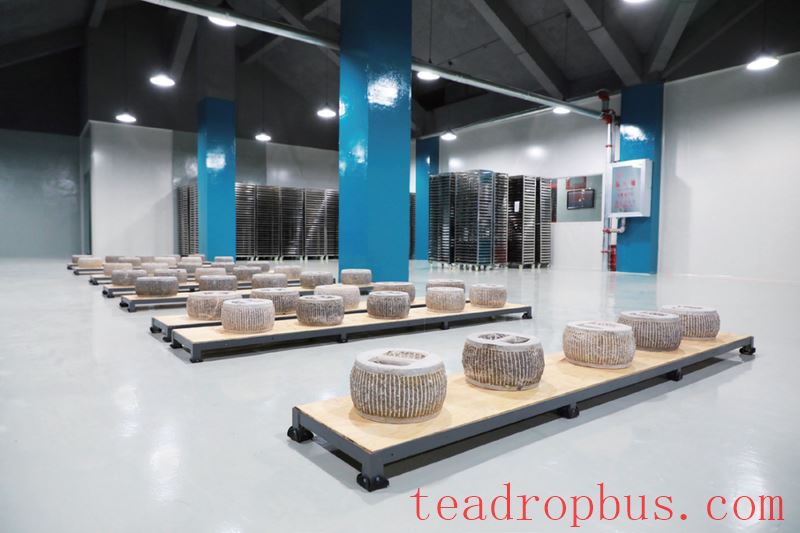
01
The tea must be safe and hygienic.
Food safety always comes first. As a daily “staple,” the first requirement is to choose a product of guaranteed quality. When purchasing, we should first examine its appearance, then smell it, and finally observe its liquor color and taste. If it's Pu'er tea pressed into cakes or bricks, check if there are any foreign objects in the cake or brick. Some poorly processed Pu'er teas may contain non-tea substances. Also, check if the tea has gone moldy. Moldy tea often appears black or green, looking very unpleasant, or may have patches of mold or even fuzzy growths. Such tea should never be consumed. After checking its appearance, we can smell the dry leaves. During fermentation, Pu'er tea develops a unique aged fragrance, a complex aroma formed under the action of microorganisms and enzymes, similar to the pleasant aromas of longan, jujube, and betel nut. If there is a moldy, sour, or other unpleasant smell, it does not meet the standard. After brewing, the liquor should be clear and not cloudy.
If we don't have sufficient conditions to “examine, smell, inquire, and taste” before purchasing, choosing well-known or classic brands is a relatively safe option.
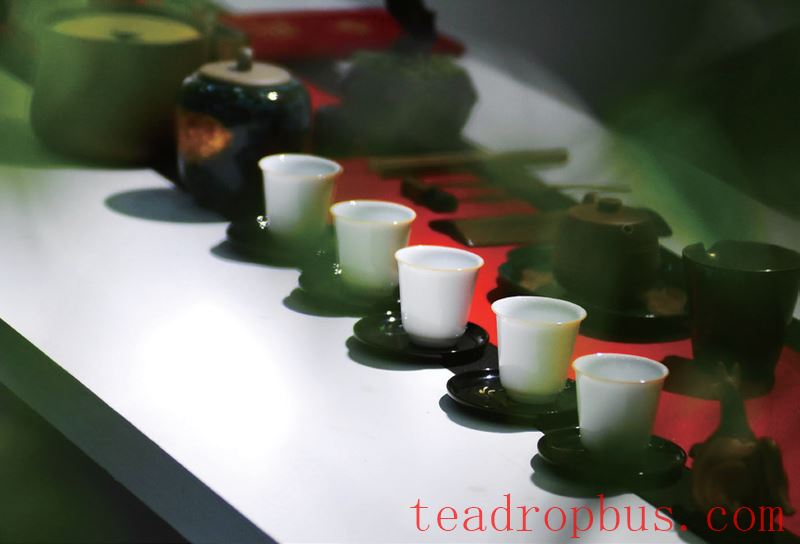
02
The price should be affordable.
“Staple” implies a large consumption volume. Although drinking Pu'er tea daily should not be excessive, as a daily beverage, the cumulative consumption over time is considerable. Therefore, it needs to be affordable for average-income consumers. Taking 357g per cake as an example, most tea enthusiasts' “daily tea” ranges from one to two hundred dollars. As long as the quality is guaranteed and the taste is satisfactory, drinking it won't cause any financial concern. For example, Lanchang Ancient Tea's 357g “daily tea” like 007 and 0081 are classic products; Xiaguan Tuocha is also a great choice, with reasonable prices and good quality.
03
The taste should be consistent and from a brand with a heritage.
This is a bonus point. If a tea can be listed among a tea enthusiast's daily teas, it must have captivated their palate. After all, the main purpose of buying daily tea is to drink it. Many tea enthusiasts often come across a great tea, but when they try to find a similar one later, it becomes difficult, or when they drink the same tea from different years, the taste varies greatly, leading to disappointment. Therefore, a tea that consistently delivers a uniform taste deserves to be a daily tea.
Many Pu'er tea brands have a heritage in their products, releasing them annually or every few years while maintaining their original characteristics and improving quality. These teas inherit classics, appear frequently in the circles of tea lovers, and win recognition from enthusiasts with their high-quality. Therefore, it is recommended to choose classic Pu'er teas produced by large factories and continuously released for many years. This is because most classic teas are made using blending techniques, which help maintain a stable taste across different years. Moreover, large tea factories have recipes passed down for years, with rich experience in controlling taste and tested by both time and the market.
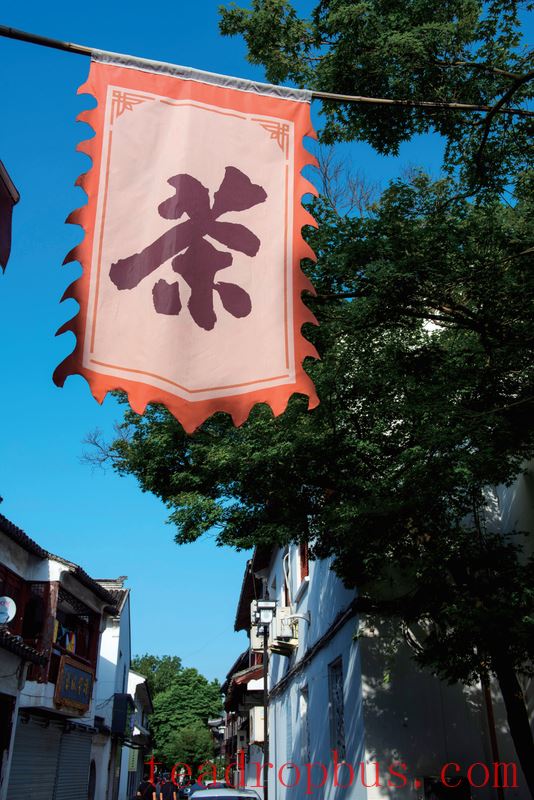
04
The storage environment should be clean.
A good daily tea, after clearing the previous hurdles, must also meet another important criterion: the storage environment. The storage process is like a gardener nurturing plants, requiring constant attention. Due to factors such as humidity, temperature, time, and space, Pu'er tea stored in different environments develops different tastes. People often use elaborate language to describe the aged flavor of old teas, trying to mask signs of poor storage, but when you taste it, you still find the “strange taste of time” unacceptable. There is no need to pay attention to those exaggerated descriptions of taste. Remember, our bodies are the most honest judges. A tea that brings pleasure indicates good processing and proper storage. For improperly stored teas, you can taste impurities, cabinet smells, or even seasoning flavors. Your tongue doesn't lie, and your own genuine experience is the most basic standard for a daily tea.
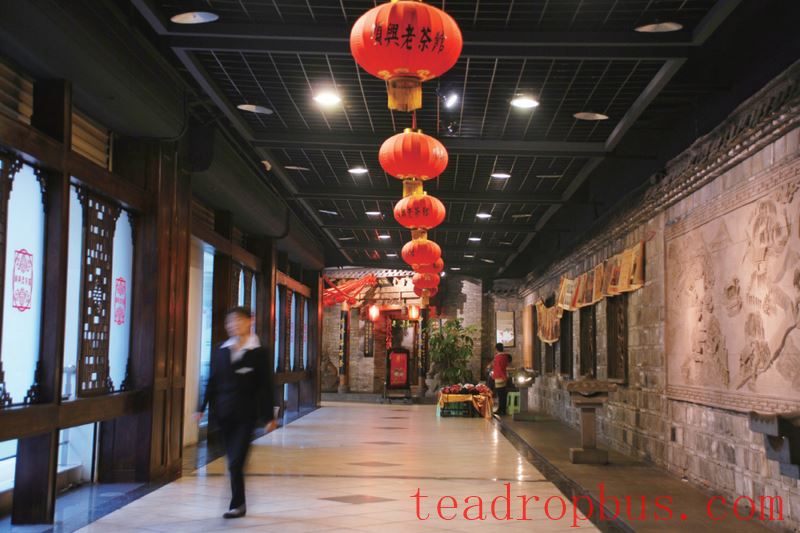
05
Easy to Brew, not picky about equipment or location.
As a daily tea, it shouldn't require high brewing skills, fixed water temperatures, or specific equipment. As long as it can be brewed effortlessly with good quality and taste, it makes for a great daily tea.
In our fast-paced daily lives, we don't often get opportunities to create a sense of ceremony. As a daily tea, it is more important to quickly and conveniently serve our needs amidst our busy lives. Hard iron cakes and difficult-to-handle mushroom tuochas, as well as elaborate tea setups with various cups and Teapots, are too complex and do not meet the standards of daily tea. Daily tea should be as convenient as ready-to-drink tea, easily accessible for a quick cup. Many products now come in small individually packed portions, pre-measured for each serving. Simply add hot water, without the need for weighing or breaking apart the tea, making them ideal for brewing in the office or outdoors.
In addition to individual packaging, many teas use innovative pressing methods for easy access, such as hand-tear cakes and chocolate bricks. Specific examples on the market include Shuangchen Pu'er's portable middle-aged and older tea “Year Show,” Xiaguan Tuocha's Character Portable Brick Tea, and Yunnan Seven Colors' mini tuocha in small boxes, all excellent choices.
Excerpt from Pu'er Magazine
If there are copyright issues, please contact us to remove the content.